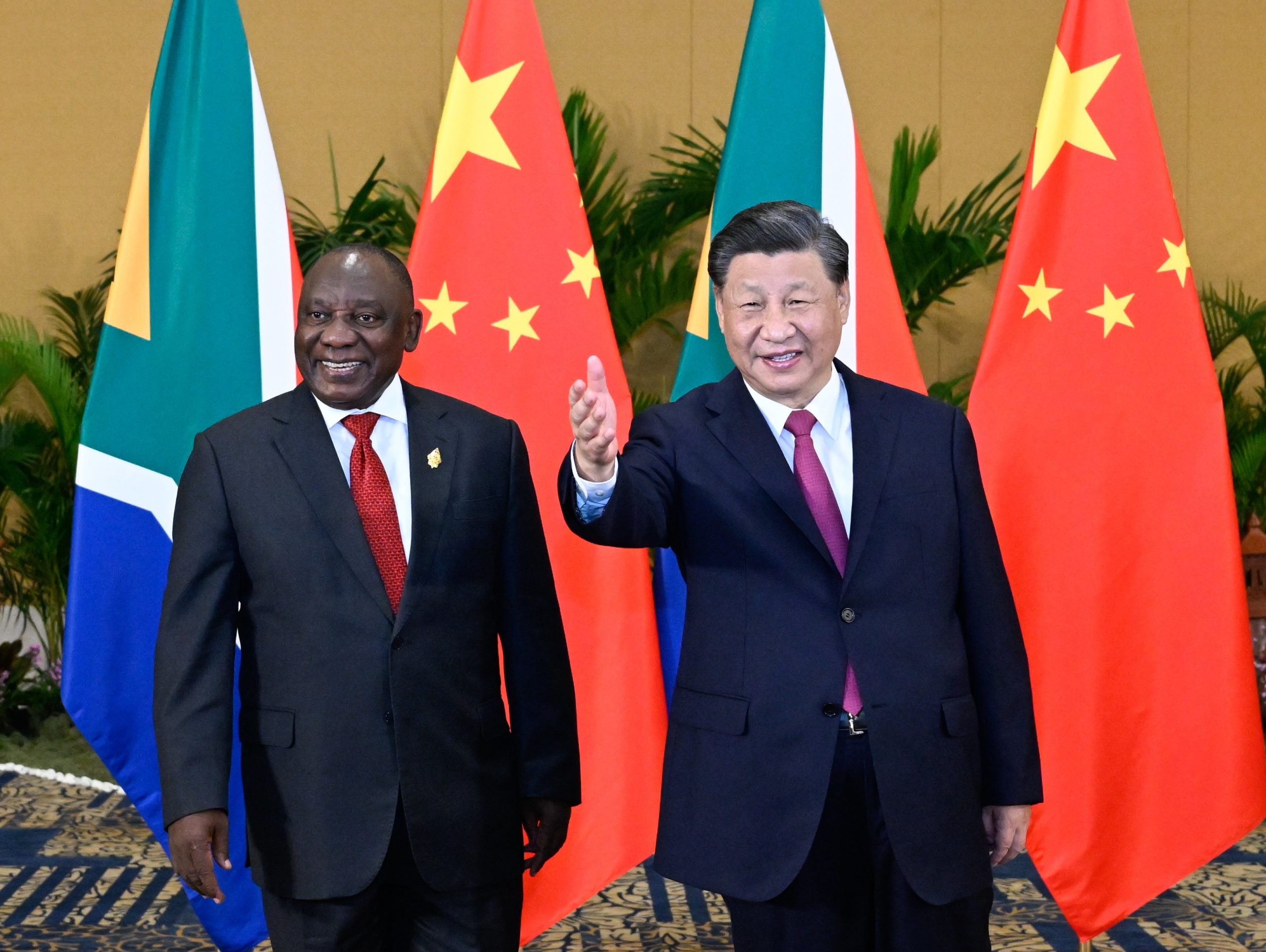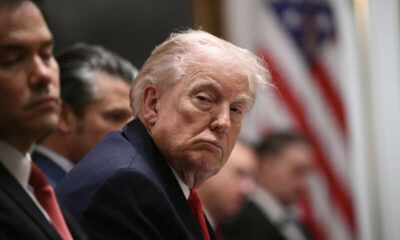News
South Africa and China Forge a United Front for Global Peace

80 Years After War, Two Nations Stand Together Against Modern Conflict
In a quiet but symbolic evening gathering in Johannesburg, history and diplomacy came together as South Africa and China reaffirmed their shared commitment to global peace and human rights. The event, commemorating the 80th anniversary of China’s victory over Japan in World War II, became more than a remembrance, it was a powerful reminder of two nations determined to stand on the right side of history.
A Meeting of Minds in Troubled Times
Hosted by the Chinese Consulate, the event saw Gauteng legislature speaker Morakane Mosupyoe deliver a message that resonated far beyond the room. She praised the different but complementary roles China and South Africa have played in peacebuilding efforts across the globe, from conflict zones in Ukraine and Gaza to troubled parts of the African continent such as the DRC.
“South Africa and China are bound by shared values,” Mosupyoe declared. “We both believe in peace, in the promotion of human rights, and in standing up to any form of aggression or imperialism.”
This isn’t just feel-good diplomacy. Both countries have taken tangible actions. While South Africa has been involved in peace missions on the African continent and advocated neutrality in global conflicts, China has used its growing diplomatic clout to broker historic deals, most notably, the 2023 normalization of relations between Iran and Saudi Arabia.
Solidarity in an Unsteady World
The timing of this reaffirmation couldn’t be more critical. Around the world, nationalist rhetoric is on the rise, alliances are shifting, and wars are breaking out or dragging on with no end in sight. In this climate, Mosupyoe’s words cut through like a clarion call: “Our bilateral relations become even more relevant today when the world is beginning to experience the resurgence of narrow nationalistic sentiments.”
Public reaction to South Africa’s stance has been mixed. While some on social media praised the country’s consistent messaging around peace and multilateralism, others questioned its reluctance to take firmer positions in conflicts where human rights violations are evident. On X (formerly Twitter), one user noted: “SA’s diplomacy walks a tightrope, but sometimes silence isn’t neutrality, it’s complicity.”
China’s Growing Role and Its Critics
China’s involvement in peace processes has raised eyebrows in the West, particularly in Washington. Despite offering its services to mediate in the Russia-Ukraine conflict, the US rejected Beijing’s proposal outright, citing a lack of neutrality. However, for countries like South Africa, historically wary of Western interventionism China’s alternative model of diplomacy holds appeal.
Pan Qingjiang, Chinese consul-general in Johannesburg, echoed this when he spoke of “non-interference” and “mutual respect” as cornerstones of international engagement. For many in the Global South, this framework feels less like paternalism and more like partnership.
A Shared Vision Rooted in History
While commemorating an event from eight decades ago, the resistance war against Japanese imperialism the evening served as a canvas for a broader message: the need to protect peace, not just remember it.
Mosupyoe concluded with a passionate plea, calling on both nations to “recommit ourselves to a world free of aggression, imperialism and the subjugation of one nation by another.”
It was a sentiment that, in today’s fraught geopolitical landscape, felt both nostalgic and urgent.
South Africa and China may approach diplomacy differently, but they meet at a powerful intersection of history, principle, and shared ambition. In a world where war often grabs the headlines, their call for peace reminds us that diplomacy still has a place at the table, if we let it.
{Source: The Citizen}
Follow Joburg ETC on Facebook, Twitter , TikTok and Instagram
For more News in Johannesburg, visit joburgetc.com



























